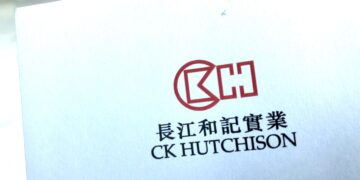The school’s Research Centre for Digital Transformation of Tourism has enhanced its assessment framework by integrating large language models to analyse tourist satisfaction across six key sectors – attractions, hotels, immigration, restaurants, retail shops and transportation – from 2012 to 2024.
Findings reveal consistent outperformance by the transport sector and attractions, while retail shops and restaurants lagged in satisfaction scores.
Haiyan Song, principal investigator and the school’s associate dean, said education and training are essential in elevating service quality. He noted that the index serves as a tool for service providers to identify areas needing improvement.
“After those analyses, they will be able to identify which areas they are not doing well compared with their competitors or overall sector indices so that they can make decisions internally to improve those areas,” he said.
“This is to do with the human resource management in hotels, attractions and so on and so forth.
“For the government, I think it is a more at the destination level.
“They should provide incentives. For example, if businesses are doing well in terms of providing high quality services, they should be recognised and promoted one way or another, or there should even be financial rewards for those businesses that are doing well.”
Song also said Hong Kong needs to diversify its tourism offerings in light of fierce competition from nearby destinations, including the Greater Bay Area, Japan and Singapore.
“In future, younger generations will become the major source of tourists for Hong Kong,” he said.
“We should diversify tourism products and services to meet the demands of younger generations.”
“For example, [we can have] music tourism, sports tourism and also cultural tourism and nature tourism and so on and so forth, so [let’s] diversify the products and services with a view to being more competitive.”


















